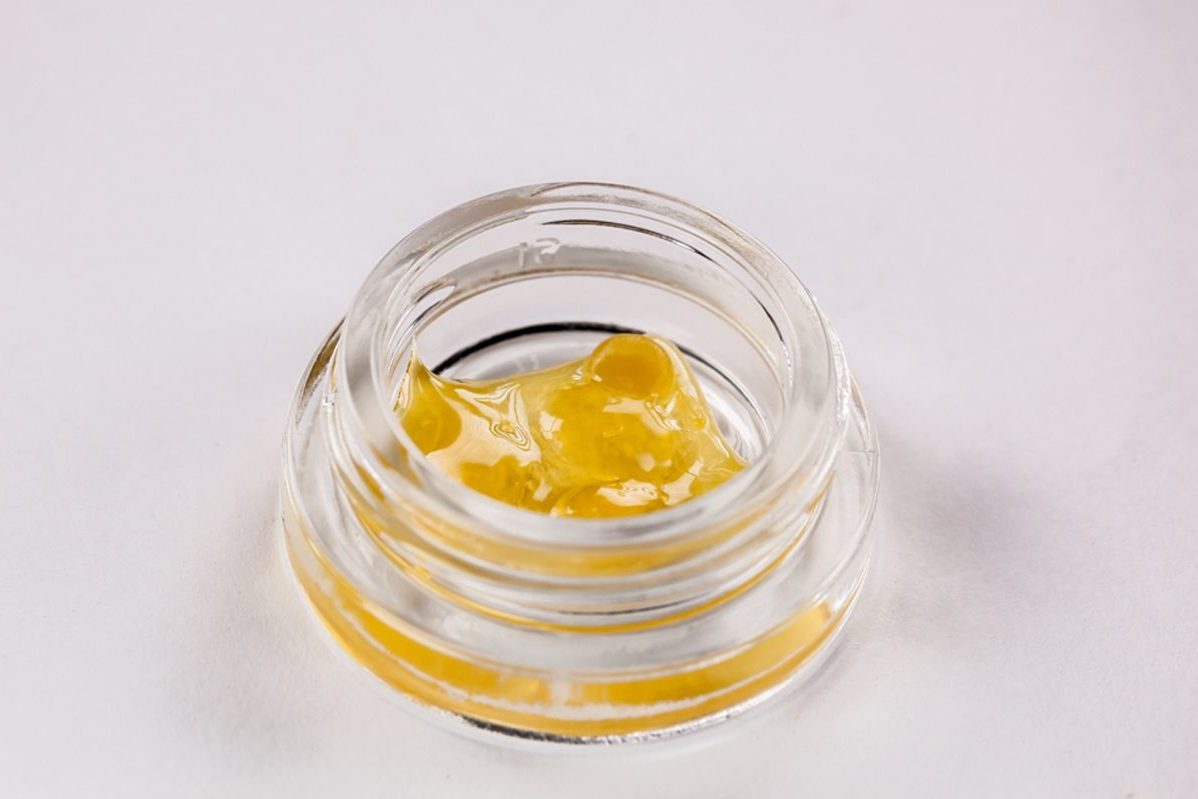Defining CBD Oil
The World Health Organization (WHO) clarifies that Cannabidiol (CBD) is a naturally occurring cannabinoid in cannabis plants. It is typically sourced from hemp plants but can also originate from marijuana.
High concentrations of CBD hemp hardly ever contain delta-9-tetrahydrocannabinol (THC), which is the compound that gives marijuana its psychoactive effects.
The Food and Drug Administration (FDA) observed an increase in CBD products’ usage, which the changes in state law might cause. The Farm Bill of 2018 even removed hemp from the definition of marijuana under the Controlled Substances Act. The law gave a new meaning to hemp, a cannabis derivative with low concentrations — no more than 0.30% on a dry weight basis of THC.
However, CBD products are still subject to the same laws and requirements as other FDA-regulated goods.
Let’s Talk About Safety
Before using CBD oil, it is best if you first consult your general practitioner or physician for safety and more knowledge about the product. It is vital if you are experiencing concerning symptoms, have pre-existing conditions, or taking medication such as calcium channel blockers, blood thinners, and statins.
It is important to note that it caused light-headedness and hypotension in a few patients. Since it does not have the THC part of the cannabis plant, it will not induce a high effect or feeling. CBD oils must not be used by breastfeeding or pregnant women.

Health Benefits
Despite being subject to the regulation and laws of the FDA, CBD oil was very promising in the treatment of the following medical conditions:
1. High Blood Pressure
In 2017, researchers observed the cardiovascular effects of CBD. They examined if the substance reduces blood pressure in people. Data showed that those nine healthy male subjects who took CBD had a skin blood flow, blunted forearm, decreased stroke volume, increased heart rate, and lower blood pressure.
Hence, they concluded that CBD’s acute management reduced resting and high blood pressure. Nevertheless, they must do further research to establish CBD’s role in treating cardiovascular ailments.
2. Post-Traumatic Stress Disorder (PTSD)
A study last 2019 scrutinized the effects of CBD in treating the symptoms of Post-Traumatic Stress Disorder (PTSD) among 11 adult patients. For eight weeks, scientists evaluated the severity of the symptom every four weeks.
They noticed that the participants’ symptoms reduced upon orally administering CBD. Though, they resolved that further research and clinical trials are necessary.
3. Alzheimer’s Disease
Way back in 2019, South Korean researchers accumulated studies of marijuana for Alzheimer’s disease. They analyzed nine studies for a thorough review. The results implied that CBD components of Cannabis have the probability of treating and even preventing Alzheimer’s disease. CBD components suppressed the key factors causing the disease. The study also proposed that CBD was more effective when used with THC than using it with the individual cannabinoid alone.
4. Cancer
The University of Korea also conducted a study last 2019 wherein they noted that CBD’s anticancer protein successfully killed tumor cells. They scrutinized the synergistic effects of CBD with the cancer-destroying protein called TRAIL or TNF-Related Apoptosis-Inducing Ligand.
Final Thoughts
There may be several studies on the health benefits of CBD oil, but they must conduct more research to establish the safety and efficacy of the compound in the long run. Safety must still be the priority of the majority.




